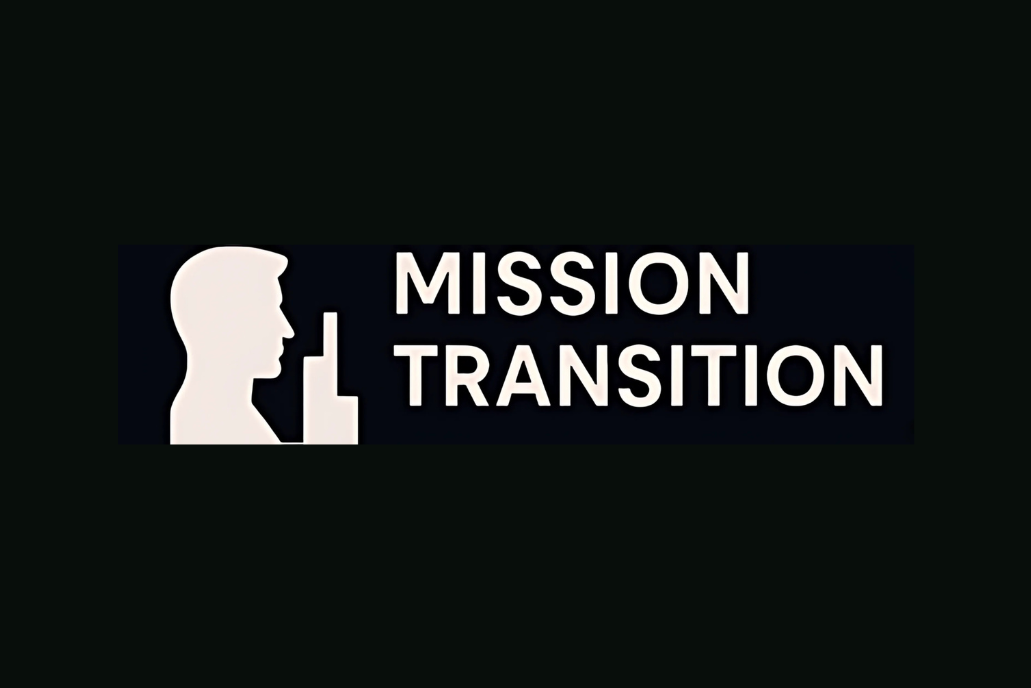US President Donald Trump has been granted legal backing to continue deploying National Guard troops in Los Angeles, following a ruling by a federal appeals court that declared his actions were likely within the law, though not beyond legal challenge.
The dramatic decision came on Thursday evening from a three-judge panel in San Francisco, siding with the Trump administration in an intensifying battle over the use of military force during domestic protests. The ruling effectively allows the continued presence of federalised National Guard troops in Los Angeles, a city already witnessing heightened tensions on the streets.
Trump, ever eager to claim victory, took to Truth Social to hail the outcome as a “great victory,” adding that the decision affirms his “ultimate authority” to call in military support during times of national unrest.
Court Says Trump Likely Acted Lawfully, But It’s Not Over Yet
In a unanimous opinion, the appellate judges concluded that Trump had “most likely lawfully exercised his legal authority” by federalising the California National Guard, allowing him to use state troops to quell protests, which he previously labelled as a form of “insurrection.”
However, the court firmly rejected arguments from Justice Department lawyers that the president’s actions should be immune from judicial review.
“This ruling confirms Trump cannot act like a monarch,” said California Governor Gavin Newsom. “The president is not above the law.”
Importantly, the court also noted that while Trump may have had the authority to deploy the Guard, it made no ruling on the nature of the troops’ actions on the ground, an issue still open to legal scrutiny.
The Trigger: Protests and a Power Struggle
The dispute traces back to 7 June, when Trump signed a presidential proclamation authorising the use of the National Guard in response to protests against his controversial immigration policies. The former president claimed the unrest amounted to an “insurrection” that required federal military intervention.
Trump’s lawyers cited reports of violence, threats to federal employees, and damage to government buildings as justification for the deployment.
But California’s leadership argues the decision was a blatant power grab. They insist the state had the situation under control and that military intervention was both unnecessary and provocative.
“This sets a dangerous precedent,” said lawyers representing the state. “The president is attempting to override state authority and militarise a domestic situation best handled by civil agencies.”
Next Steps: Legal Fight Far From Over
Thursday’s ruling is a significant moment, but far from the final word. The state of California may now appeal the decision to the U.S. Supreme Court or request a review by a larger panel of the appellate court. Meanwhile, a lower court that had previously ordered the federal government to return control of the state’s troops will hold another hearing on Friday.
This case sits at the heart of a long-running dispute between California’s Democratic leadership and Trump’s federal agenda, particularly regarding immigration, civil rights, and the limits of presidential power.
